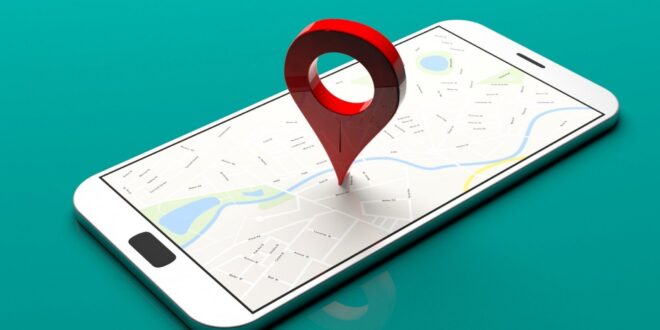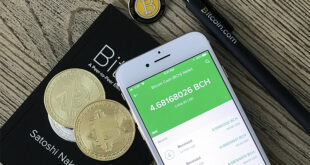What most people don’t seem to realize is that cell phones, no matter how useful they are, can actually be quite troublesome. For example, your cell phone can give away your location even if you don’t make a call or actively use it.
How? Well, that’s what we’re here to tell you. Let’s check it out.
How Cell Phones Work
Cell phones communicate with nearby cell towers in order to connect calls and provide service. Each time a call is made or a text is sent, your cell phone connects to the nearest tower and “pings” off of it. This process happens quickly and automatically, without you even realizing it.
This same process can be used to track your location. By tracking the signal strength and timing of your phone’s pings to different towers, someone can dial in on your approximate location. This is, for example, how law enforcement agencies often locate missing persons or track criminal suspects or how services like find-my-phone can help you retrieve your lost or stolen device.
In some cases, your cell phone company may also have information about your location. For example, if you use GPS on your phone, the data from that service is typically stored by your carrier. Cell phone companies may also keep records of which cell towers your phone has connected to in the past.
What Do We Do With Our Phones That Allow Them To Easily Track Our Location?
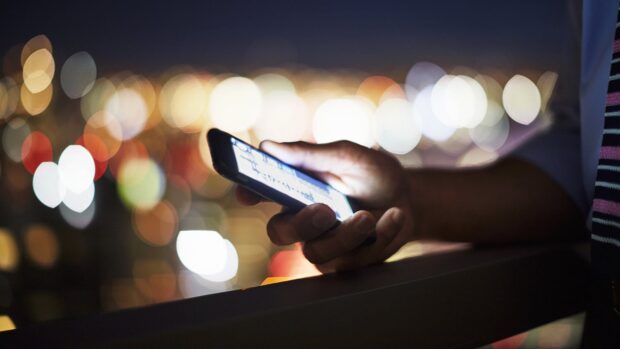
We actually enable our phones to act as a literal GPS tag without even realizing it. Most users don’t know enough about this issue and they often just click “Yes” whenever an app prompts them for permissions to use data and information from the phone – including the location.
So, what do we actually do?
For starters, we use our smartphones for a lot of things that require our location. This includes using GPS for directions, checking in on social media, and even just simply making calls or sending texts.
All of this data can be used to track your location. And while it may not be 100% accurate all the time, it can still give someone a pretty good idea of where you are and where you’ve been.
So, what can you do to prevent your cell phone from revealing your location?
How To Prevent Your Phone From Revealing Your Location
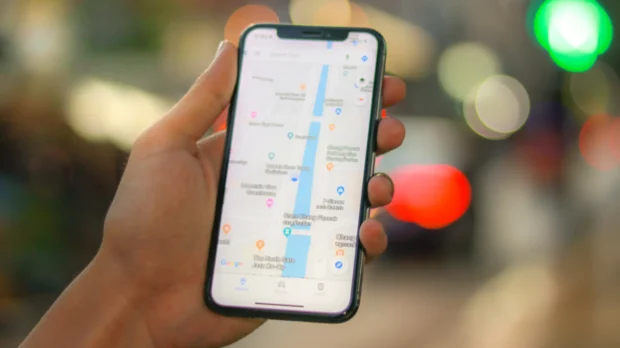
There are a few steps you can take to prevent your cell phone from revealing your location if you’re worried about someone tracking you.
- If you’re really concerned about keeping your location a secret – use a “burner” phone that cannot be traced back to you. This is often used by people who are trying to avoid being tracked by someone else, such as a stalker or abusive partner.
- Turn off location services on your phone. This will prevent apps from accessing your location data, but it may also disable some features like map directions.
- Be aware of the apps you’re using and what permissions they have. As we’ve said earlier, most apps will ask for permission to access your location, and if you’re not paying attention, it’s easy to just click “yes” without realizing it. If an app doesn’t need your location data, there’s no reason to give it access.
- Use a VPN or other security measure to encrypt your cell phone’s data and make it more difficult to track. Although, as we’ve recently learned, VPNs may not be as “private” as we believed they were. As you may have heard, the Indian government has ordered VPN providers to supply them with all user data they’ve collected over the years, so they can fight cybercrime. Now, you may or may not be angry with the government officials, but you certainly have to be angry with VPN providers that pretty much swear that they don’t store or record user data, which is the actual issue at hand here. So, use VPN, but don’t for a second believe it is as secure as it is advertised to be.
- Be aware of where you are using your cell phone. In other words, steer clear of public networks. If you are in a public place, someone may be able to track your location by monitoring the cell towers or public Wi-Fi networks in the area. So, it’s better to just use your plan’s data.
In summation, if you are concerned about someone tracking your cell phone’s location, it is important to take precautions to prevent it. By taking steps you will make it more difficult for someone to track you. However, you won’t make it impossible.
Why Is It Impossible To Stop Phone Tracking?
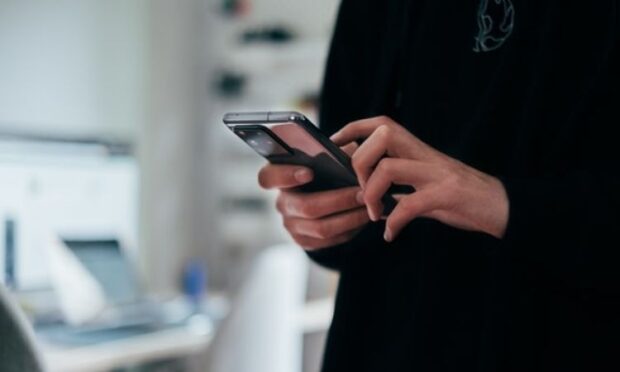
The answer is quite simple – we’ve become way too dependent on our cell phones. We use them for just about everything, from keeping in touch with our loved ones to running our businesses. And as such, they hold a lot of valuable information about us.
Plus, there are now more ways than ever for someone to track our location. In addition to traditional GPS tracking, there are now cell tower triangulation and Wi-Fi positioning systems. And with the recent rise of “stalker were” apps, it’s become even easier for someone to track our every move without us even knowing it.
And, finally – every piece of software on our phone is absolutely vulnerable. With a spyware app like Pegasus, you can literally hijack someone’s phone and collect every single byte of data on it without even having to interact with the target phone. The good thing is unless you’re a president of a country with pockets that are very, very deep – you can’t use Pegasus.
Are There Benefits To Phone Tracking?
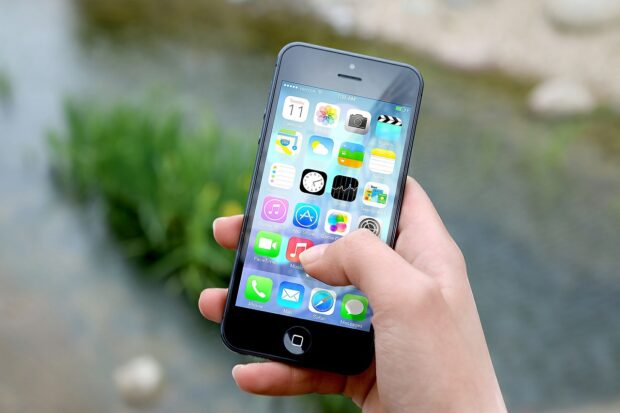
Of course, there are many benefits of phone tracking.
Phone tracking can be used for good – such as keeping tabs on elderly relatives or children. Or, if your phone is lost or stolen, you may be able to use phone tracking to find it, as we’ve mentioned earlier. And, with features like geofencing and real-time location tracking, you actually make sure your kids stay in school, instead of ditching class and doing god knows what. So, yes, there’s certainly a lot of good you can do with GPS in phones.
Conclusion
There you have it. It might be a bit disturbing to find out just how much of a security threat our phones are and that we can’t really stop someone from tracking our cell phone’s location, but that doesn’t mean we shouldn’t take precautions.
But, as we’ve also learned – not everything’s dark and evil. Technology itself isn’t good or bad – it’s how we use it. And, in this case, we can certainly use this tech to do and ensure good things are happening.
 Comeau Computing Tech Magazine 2024
Comeau Computing Tech Magazine 2024
